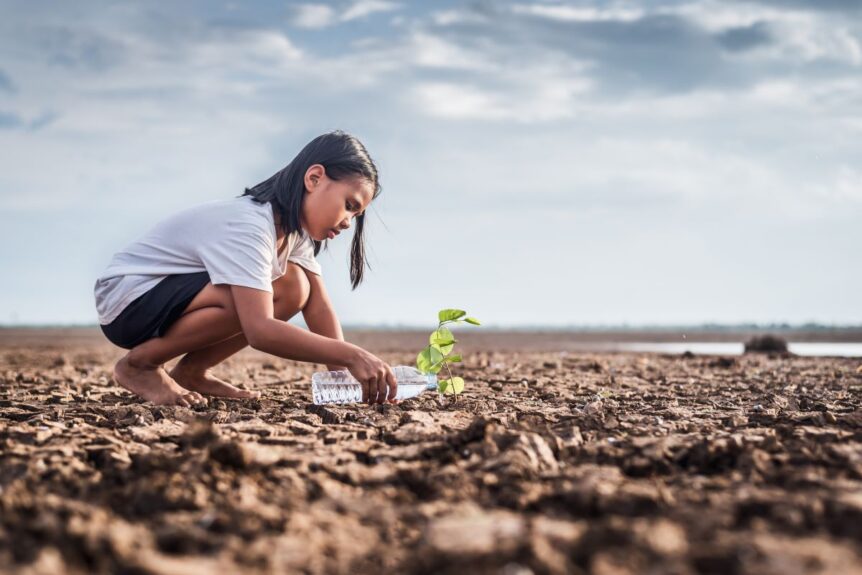Consider this: what if the greatest challenges to our future are not those we face every day but those lurking quietly on the periphery of our collective awareness? These are not just possibilities; they are impending catastrophic threats that could irreversibly alter our way of life.
1. Climate Change Accelerating
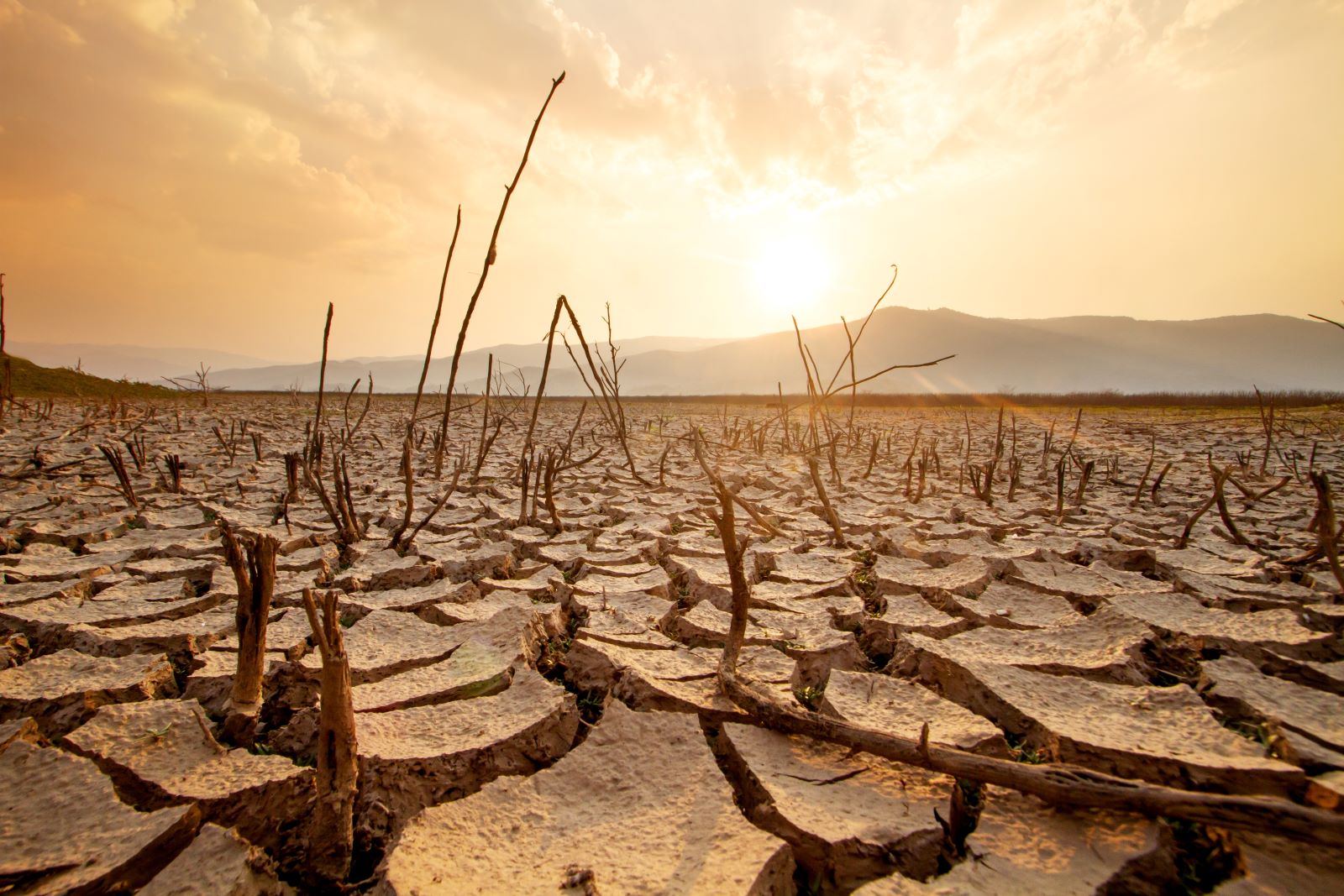
Image Credit: Shutterstock / Piyaset
Scientific consensus indicates that if global temperatures rise above 1.5 degrees Celsius, catastrophic weather events become more likely. This includes rising sea levels that could displace hundreds of millions of people by 2100.
2. Nuclear Proliferation Risks

Image Credit: Shutterstock / Aleksandr Merkushev
With over 13,000 nuclear weapons currently held worldwide, the risk of a nuclear incident, whether by accident or design, poses a grave threat to global stability.
3. Biodiversity Loss

Image Credit: Shutterstock / tsyhun
Studies show that current extinction rates are up to 1,000 times higher than natural background rates. Loss of biodiversity threatens ecosystem services that are crucial for food, clean water, and air.
4. Global Water Crises

Image Credit: Shutterstock / Antonio Guillem
By 2025, an estimated 1.8 billion people will live in regions with absolute water scarcity, potentially sparking conflicts and mass migrations.
5. Overconsumption
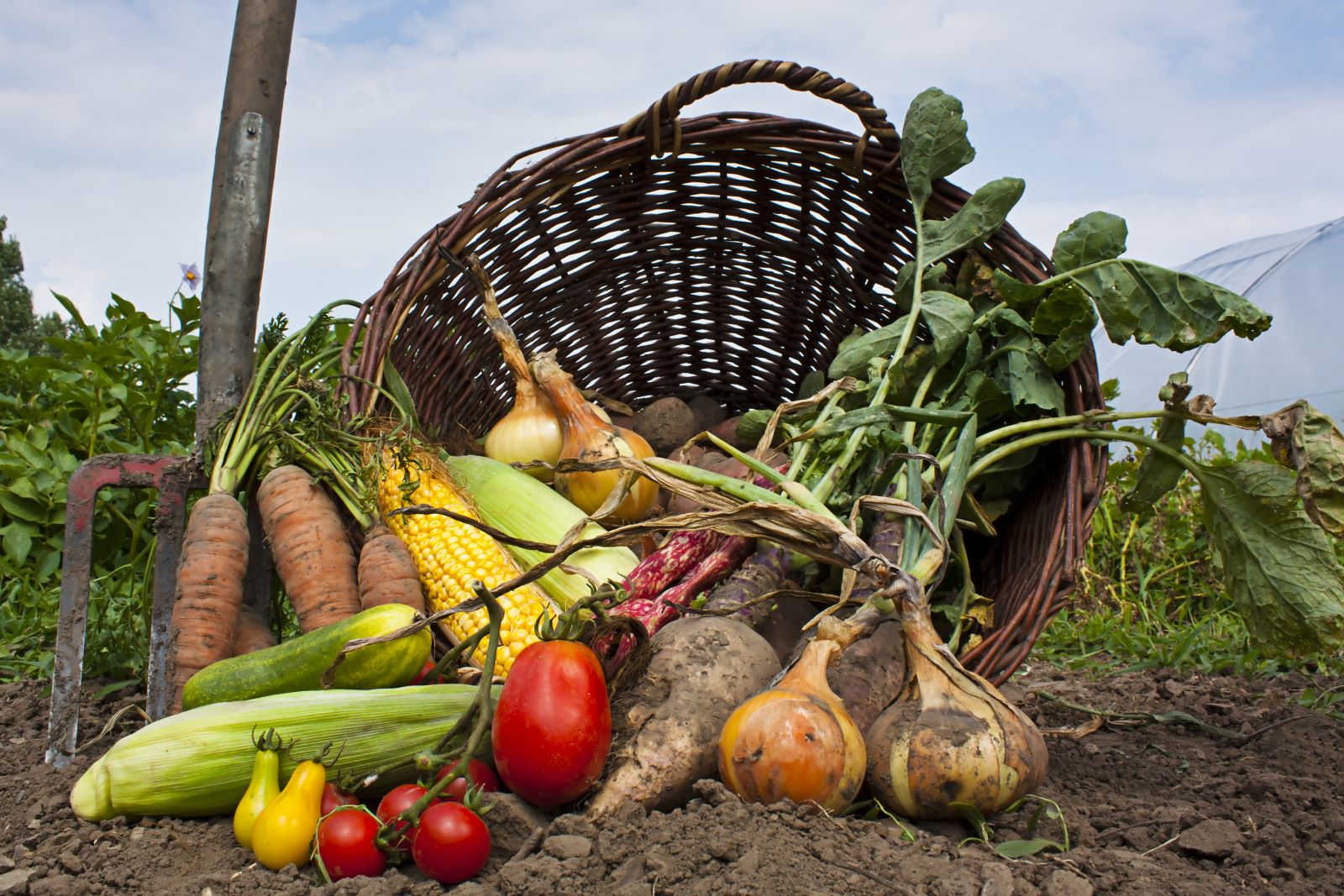
Image Credit: Shutterstock / bjonesphotography
The global demand for resources now exceeds Earth’s capacity to regenerate by about 60%. This overconsumption leads to the depletion of natural resources critical for survival.
6. Antibiotic Resistance

Image Credit: Shutterstock / Pressmaster
The WHO has warned that antibiotic resistance is one of the biggest threats to global health, potentially leading to 10 million deaths per year by 2050 if no action is taken.
7. Economic Disparities

Image Credit: Shutterstock / Andrey_Popov
Income inequality is at its highest levels in decades in many countries, undermining social cohesion and increasing the risk of societal unrest.
8. Political Extremism

Image Credit: Shutterstock / Salivanchuk Semen
Increasing political polarization could destabilize democracies around the world, as seen in recent surges in nationalist and populist movements.
9. Job Displacement by Automation
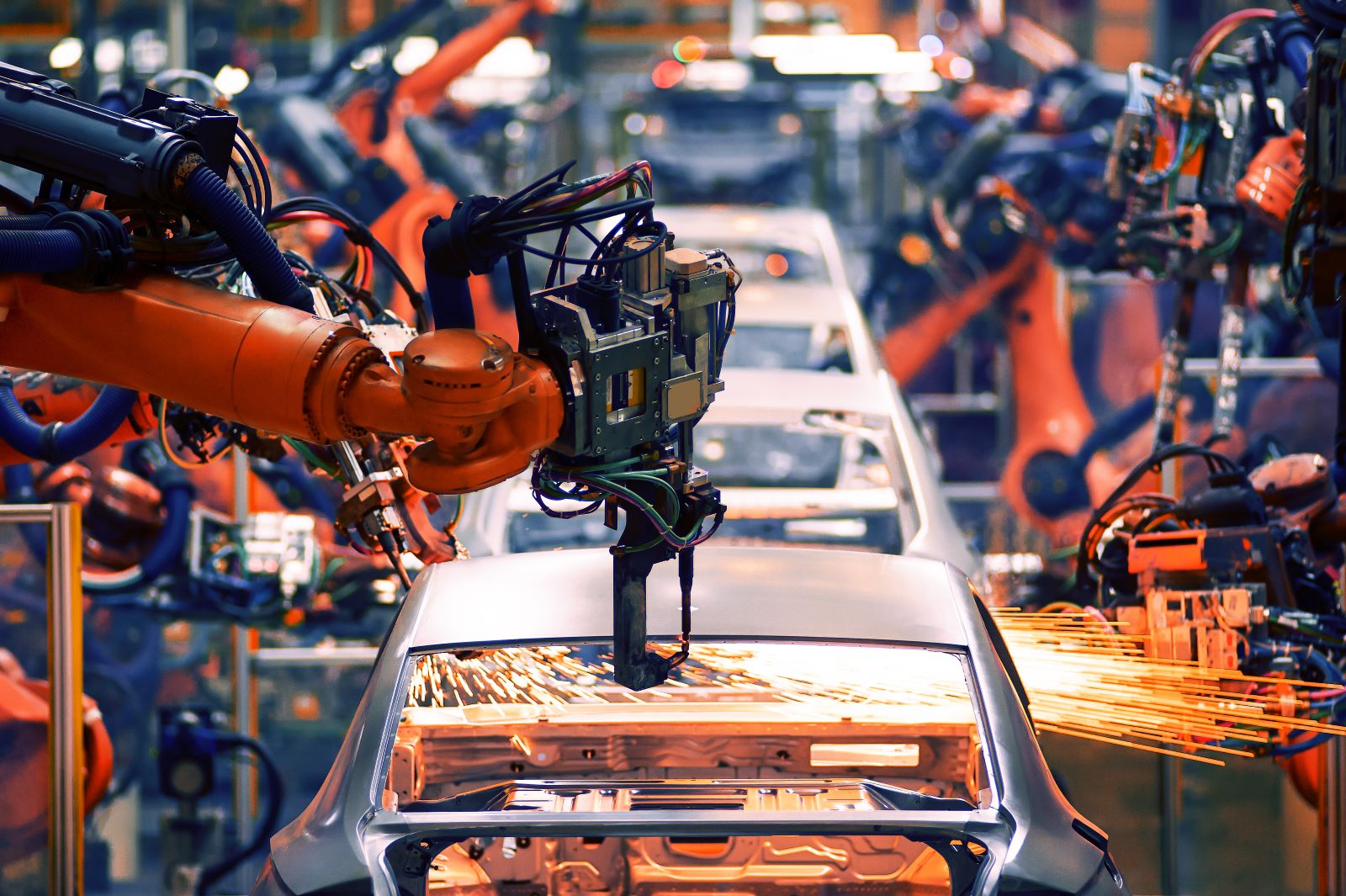
Image Credit: Shutterstock / Jenson
Experts predict automation could displace up to 30% of jobs by 2030, potentially creating significant economic disruption and widening income gaps.
10. Spread of Misinformation

Image Credit: Shutterstock / GaudiLab
The rapid spread of misinformation through digital media undermines trust in institutions and hampers effective crisis response, a factor in recent public health and political crises.
11. Cybersecurity Threats

Image Credit: Shutterstock / Standret
Cyber-attacks are becoming more frequent and sophisticated, targeting everything from infrastructure to financial systems, potentially causing unprecedented economic damage.
12. Pandemic Potential
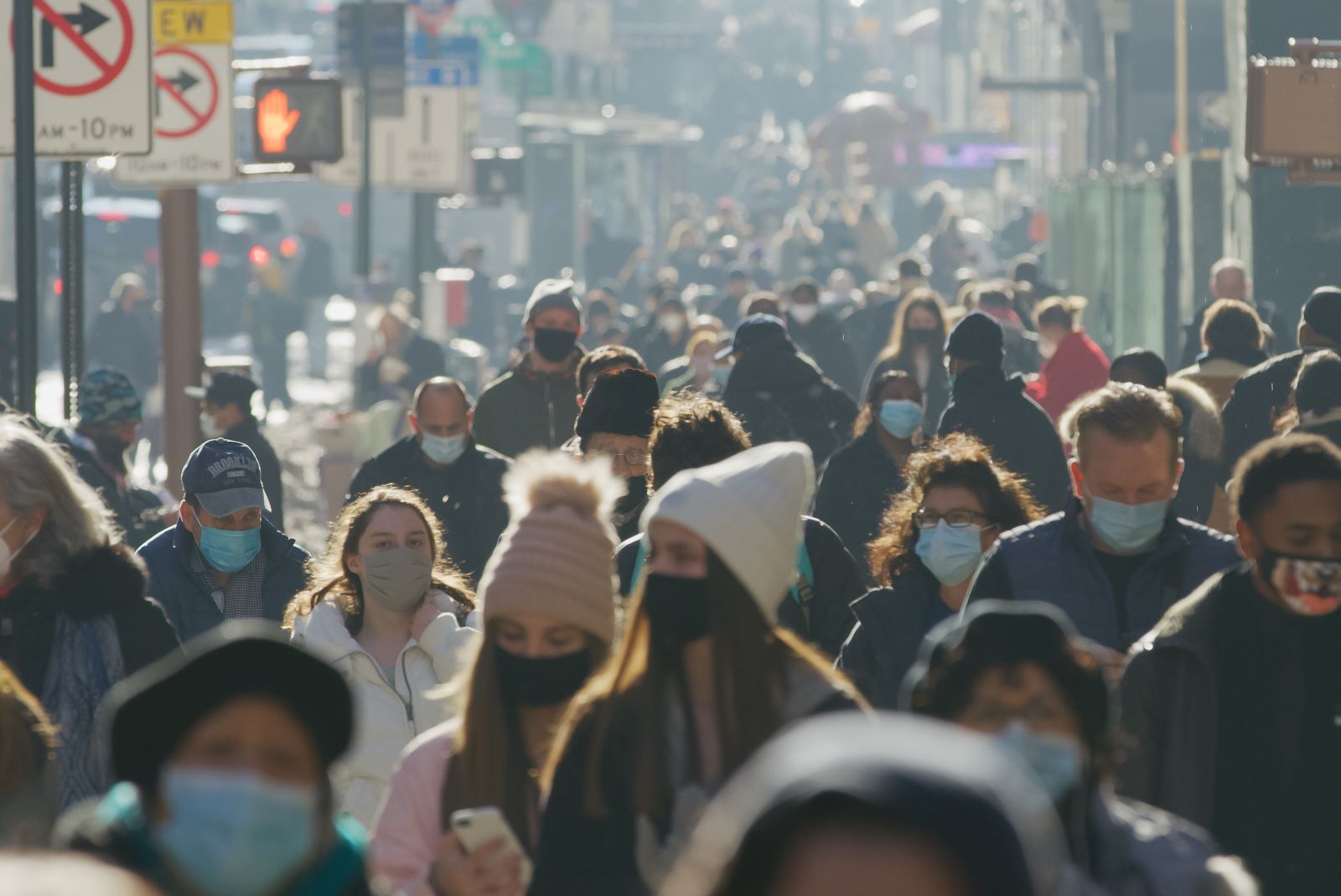
Image Credit: Shutterstock / blvdone
The global spread of a novel virus in 2020 demonstrated how unprepared the world is for pandemics, with the potential for millions of deaths and severe economic impacts.
13. Soil Degradation
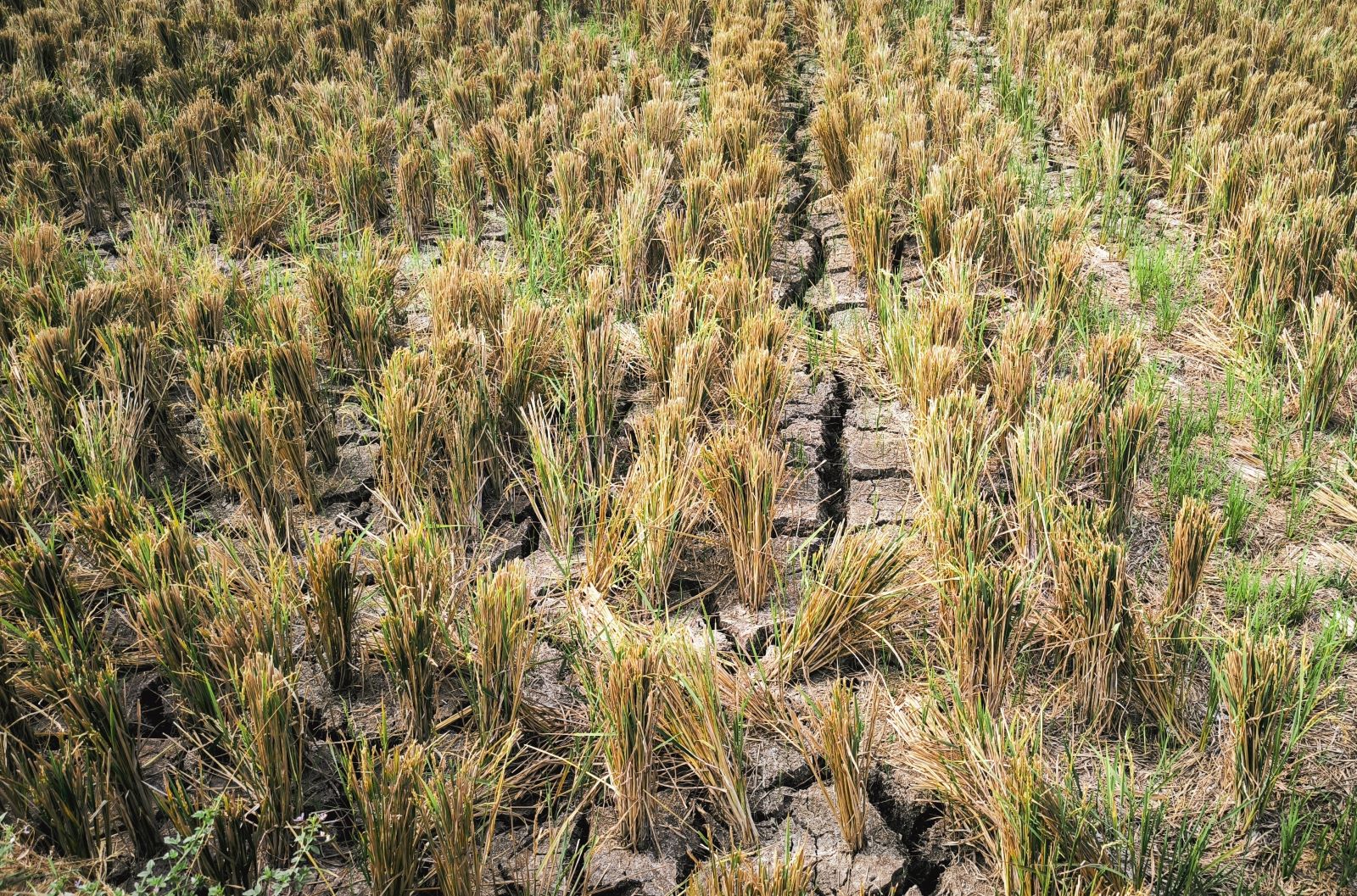
Image Credit: Shutterstock / Deni Joliyanto
About 33% of the Earth’s soils are already degraded, and with continuous misuse, vital agricultural outputs could drastically decrease, threatening food security.
14. Solar Flares

Image Credit: Shutterstock / fizkes
A severe solar storm has the potential to disrupt satellite communications and knock out power grids on a large scale, with damages potentially reaching billions.
15. Demographic Shifts

Image Credit: Shutterstock / smolaw
Aging populations in developed countries and youth bulges in less developed regions pose different but significant economic and social challenges.
16. Resource Conflicts

Image Credit: Shutterstock / 1000 Words
As natural resources dwindle, the potential for conflicts over access to water and minerals is increasing, with serious implications for global peace.
17. AI Overreach
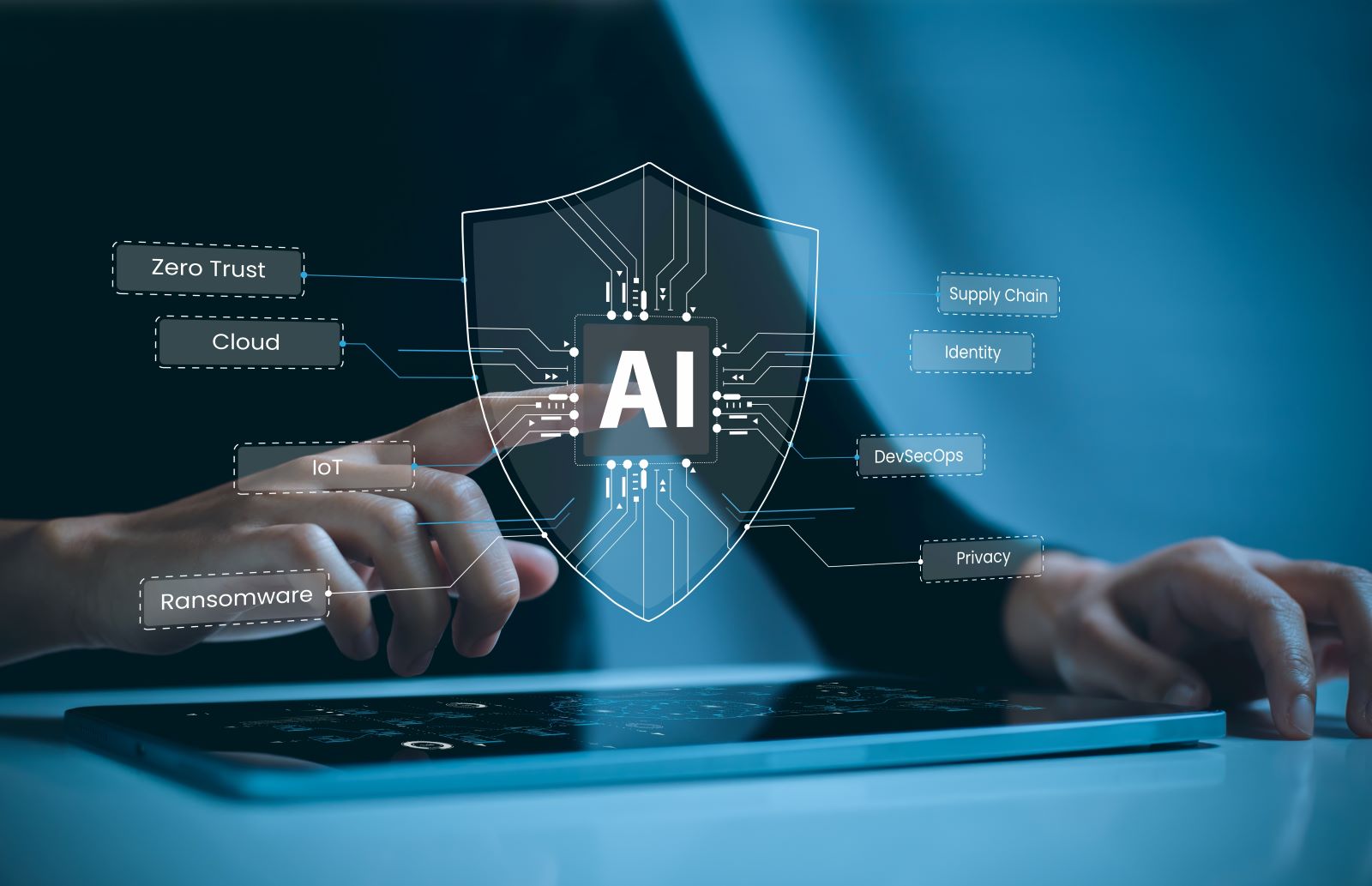
Image Credit: Shutterstock / KT Stock photos
The unregulated development of artificial intelligence could lead to unforeseen consequences, including decision-making that might not prioritize human safety.
18. Pollinator Decline
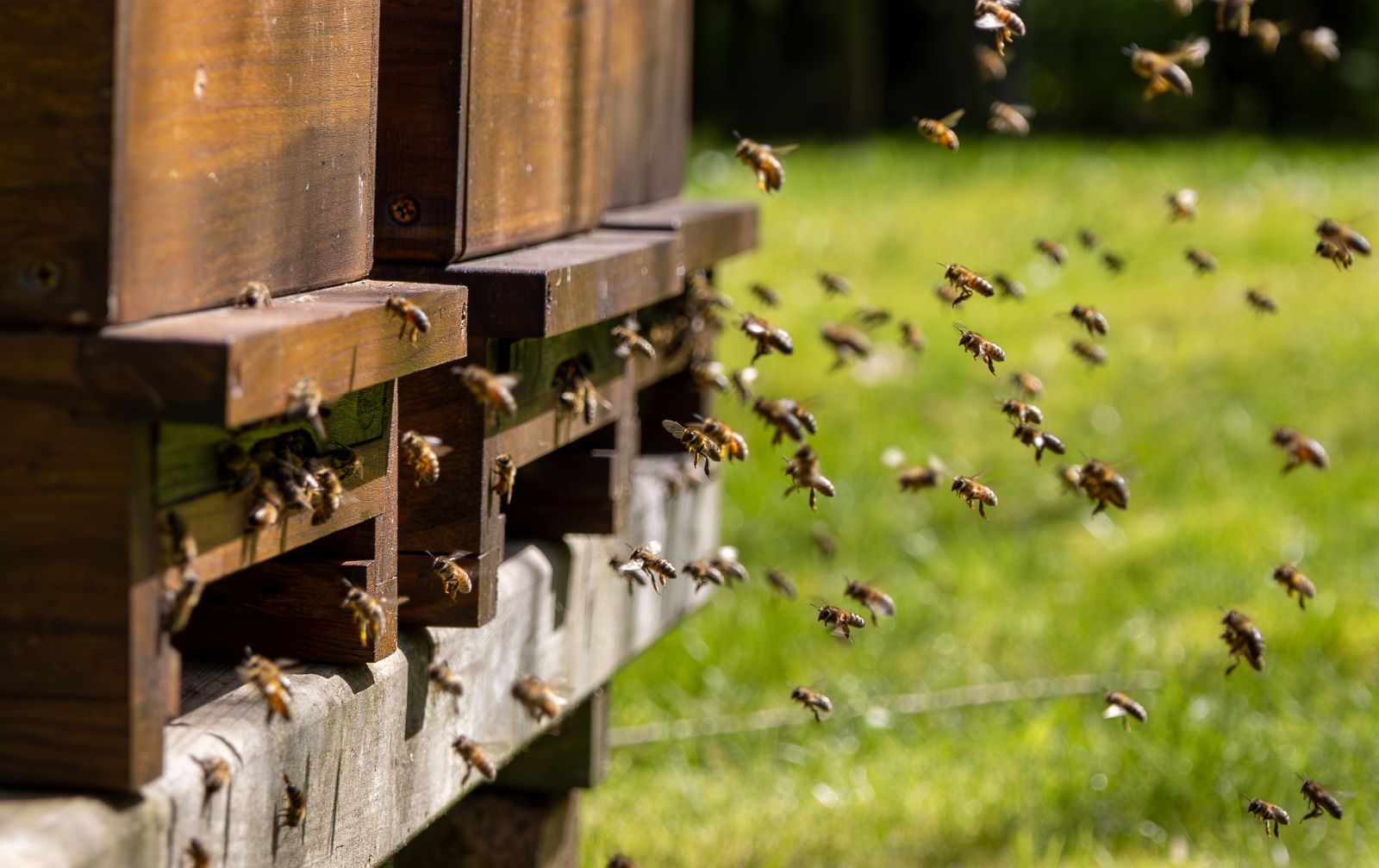
Image Credit: Shutterstock / MiSchu
The decline of bee populations and other pollinators could severely affect global agriculture, with a third of food crops depending on pollinators.
19. Genetic Engineering Errors

Image Credit: Shutterstock / Gorodenkoff
Mistakes in genetic engineering could introduce irreversible changes to the environment or create new diseases.
20. Ocean Acidification
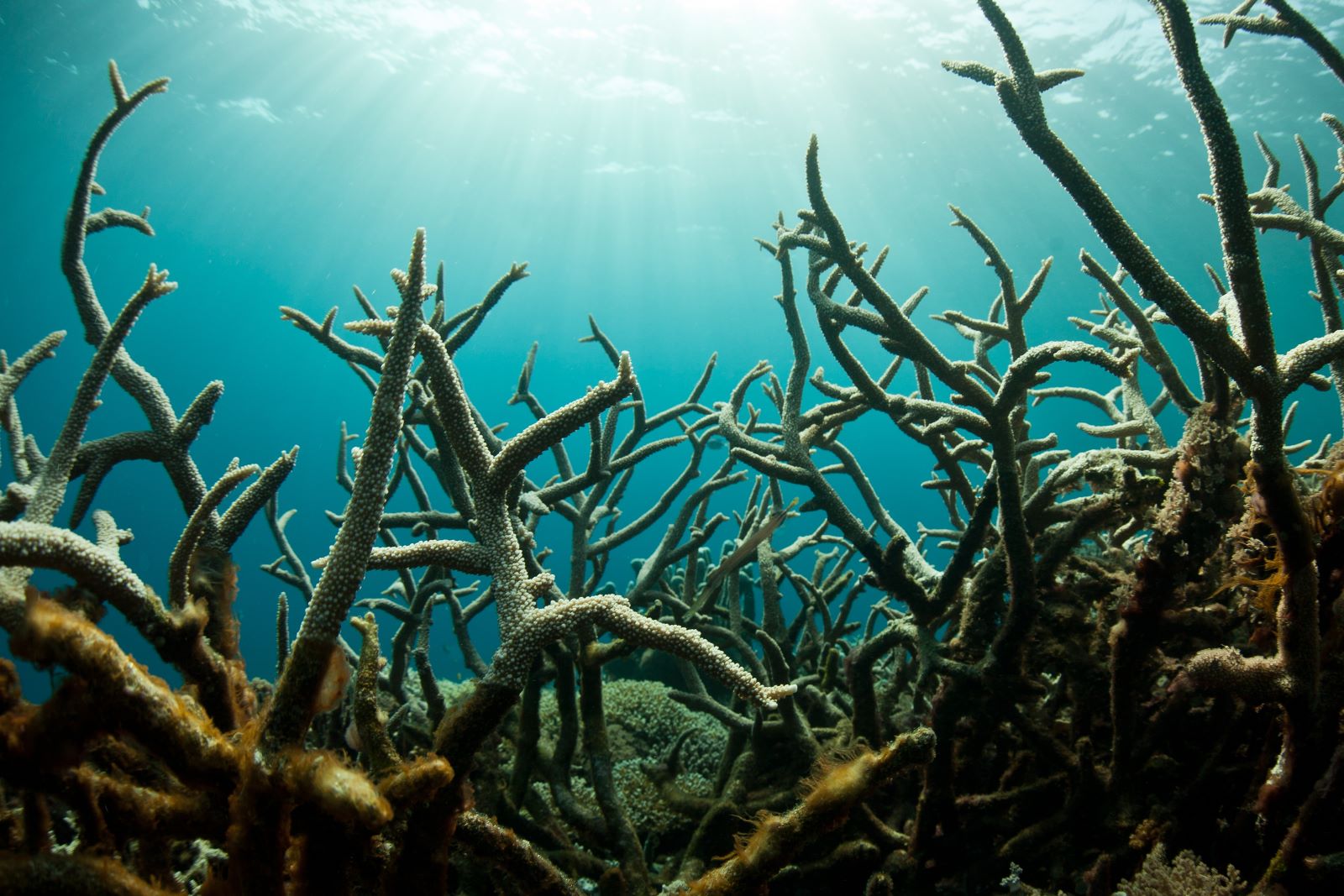
Image Credit: Shutterstock / Ethan Daniels
Oceans absorb about 30% of emitted carbon dioxide, leading to acidification that harms marine life and disrupts food chains essential for millions of people.
21. Cultural Erosion

Image Credit: Shutterstock / Yuri Ugarte – Supay
Globalization and homogenization of cultures could lead to the loss of unique cultural identities and knowledge systems, which help communities adapt to changes.
22. Geopolitical Instability
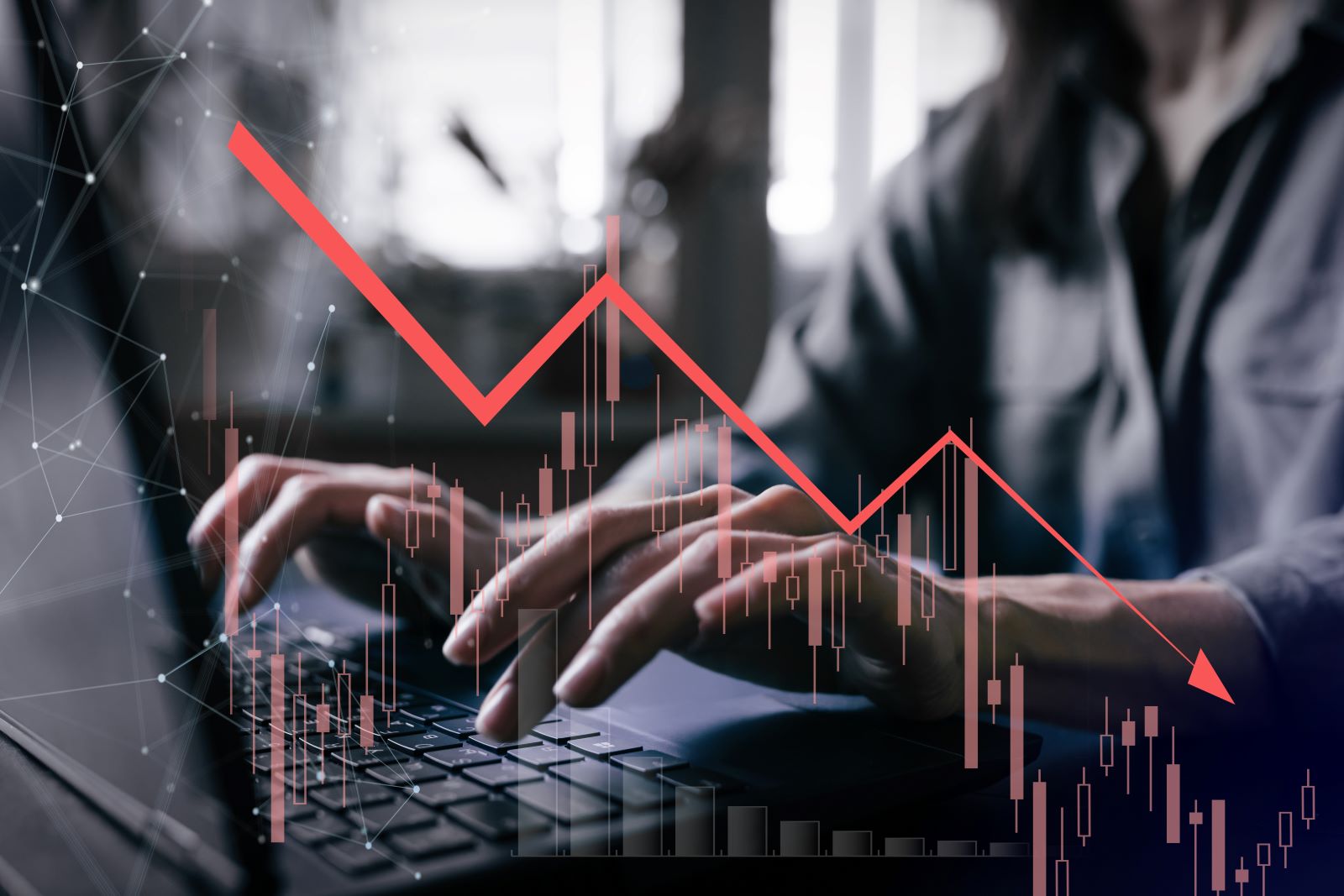
Image Credit: Shutterstock / Leonid Sorokin
Rising geopolitical tensions could lead to conflicts that spill over national borders, creating large-scale crises.
23. Trade System Collapse

Image Credit: Shutterstock / FOTOGRIN
A breakdown in international trade, possibly due to protectionism or geopolitical conflicts, could lead to economic crises worldwide.
24. Energy Shocks

Image Credit: Shutterstock / FXQuadro
A sudden shortage or drastic increase in energy prices could destabilize economies, particularly those heavily dependent on fossil fuels.
25. Loss of Trust in Science

Image Credit: Shutterstock / Stock-Asso
Increasing skepticism and declining public trust in scientific facts and reasoning threaten the ability to respond effectively to crises like climate change and public health emergencies.
Understanding these threats is crucial. By recognizing the potential for such catastrophic outcomes, we can work towards mitigating these risks and securing a sustainable future for the next generations.
Oil Dumping Scandal Rocks Ships Heading to New Orleans

Image Credit: Shutterstock / Aerial-motion
Two shipping companies have been fined after knowingly hiding a large oil spill in the Atlantic Ocean. Oil Dumping Scandal Rocks Ships Heading to New Orleans
20 Eye-Opening Realities Facing Retiring Baby Boomers

Image Credit: Shutterstock / Jack Frog
As Baby Boomers approach retirement, the promise of leisure and security often seems unattainable. This generation faces unique challenges that could redefine retirement. Here’s a stark look at the realities shaping their outlook. 20 Eye-Opening Realities Facing Retiring Baby Boomers
Retail Apocalypse: Massive Closures Sweep Across U.S. Brands

Image Credit: Shutterstock / Tada Images
Stores across the U.S. are closing at unprecedented levels, according to new research from advisory firm Coresight Research. Read on for more information about the impact this could have on you and your communities. Retail Apocalypse: Massive Closures Sweep Across U.S. Brands
The post 25 Things That Could Spell the End of Civilisation first appeared on EcoHugo.
Featured Image Credit: Shutterstock / palidachan.
For transparency, this content was partly developed with AI assistance and carefully curated by an experienced editor to be informative and ensure accuracy.

